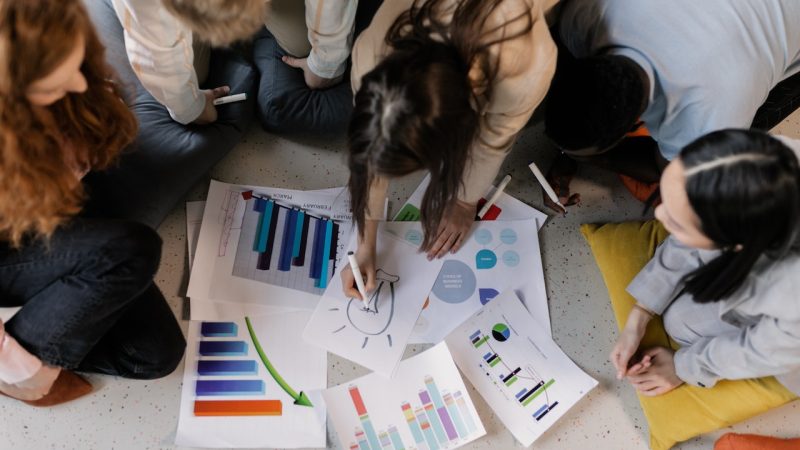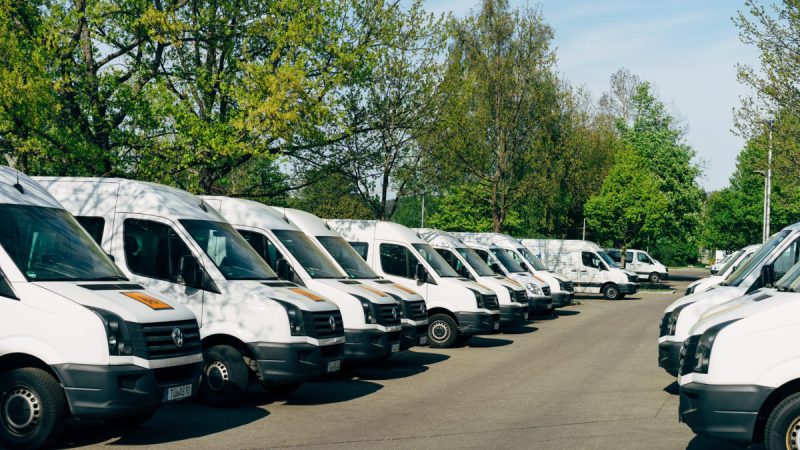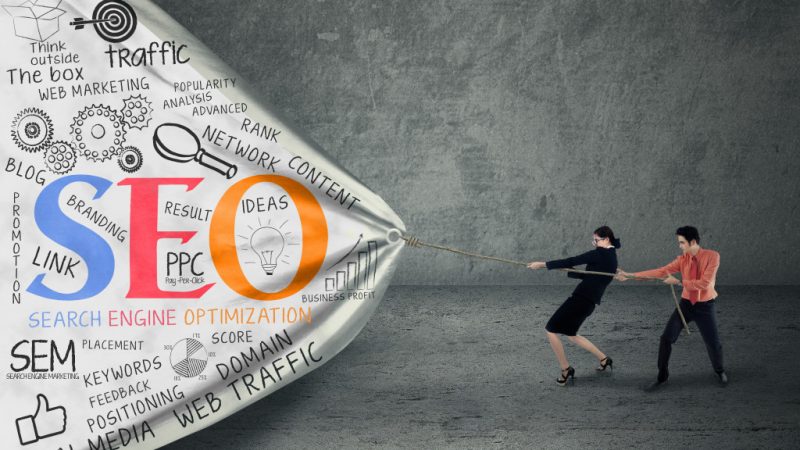Rising Global Inflation: 3 Ways to Protect Your Wealth
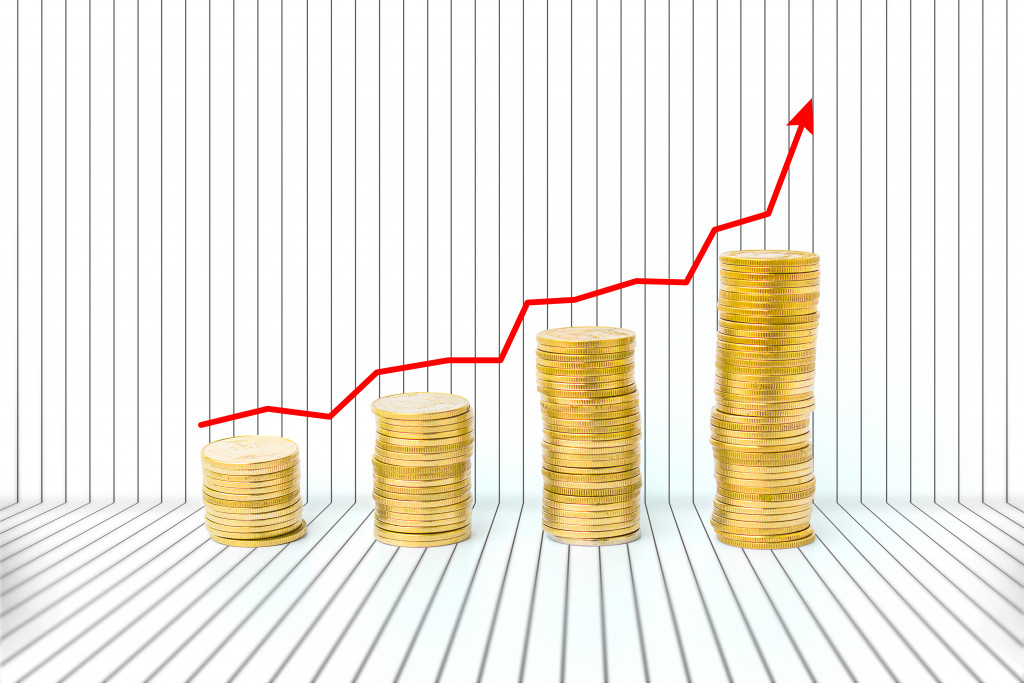
The big economies are collapsing—whether it’s China, the US, the UK, and most of the EU. Australia is no different, with inflation nearing four percent. Tension in the region is heightened as China flexes its military might, threatening to invade Taiwan. Even without a full-scale war, the lingering effects of the global pandemic will reverberate for years, taking a toll on most economies. The US is set to default on its loans this October—and together with China’s Evergrande crisis—it can set the stage for a global economic crisis. With more inflation on the horizon, it is essential to take measures to avoid or limit its effects.
Here are several measures that limit the effects of possible inflation.
Own a Home
Money in the bank can disappear in a flash in a disaster. Even investments aren’t safe unless you handle them yourself. The global financial crisis of 2007 sent the world’s economy down a spiral. It was sparked by the collapse of the US housing market. Investments tied to real estate collapsed in value, and financial institutions took a big hit. Today, China’s Evergrande problem is creating a similar situation. Evergrande’s international investors are preparing to take a hit unless China steps in to cover the firm’s $300 billion debt.
The best way to protect your finances is by investing in a home. Property values increase over time, and the value of a home won’t be affected by inflation. Head to the suburbs for optimal returns. Selling houses and land is particularly lucrative. Working couples can easily afford homes once they decide to settle down. With a hefty downpayment, mortgage payments should be equal to or less than the monthly rent of two apartments. If you’re not planning to have children any time soon, you can share your home with friends for a fee. In NSW, homes are being shared by multiple couples or single individuals. Shared housing is a growing trend among Millennials. People prefer living in an actual house, but they might not have enough money to do so alone.
Go Green
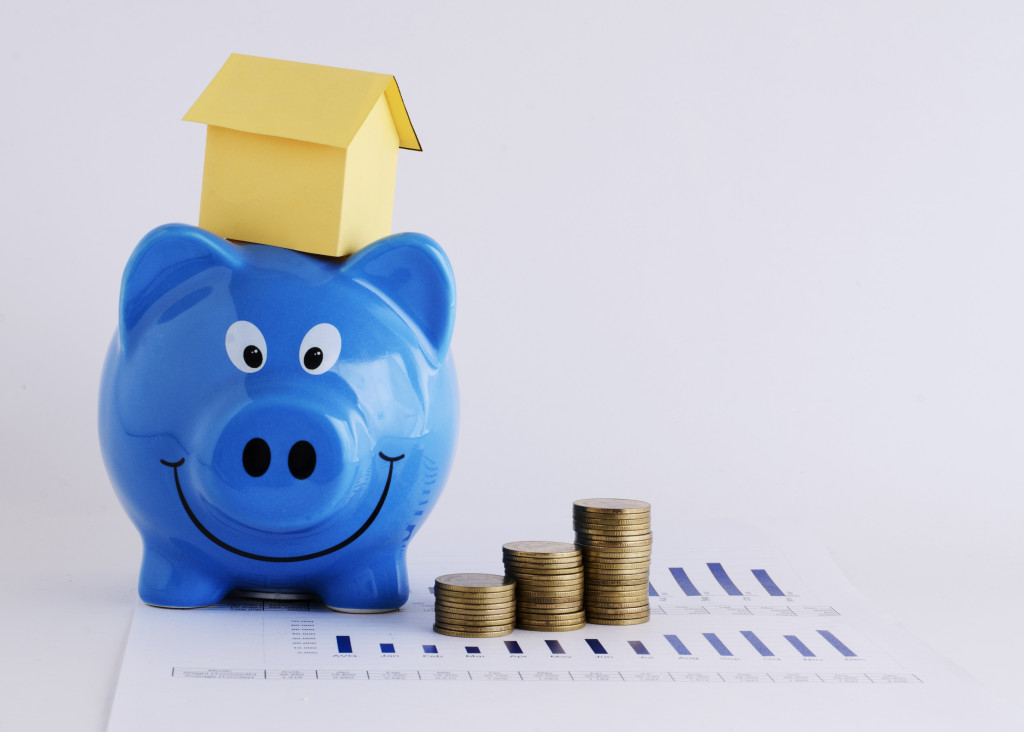
The cost of utilities and petrol are bound to go up in any financial crisis. Even without one, Australia’s Net-Zero goals for 2030 and 2050 are bound to raise the cost of electricity and petrol. Cut your dependence on the grid with solar power. Close to three million Australians have solar panels on their rooftops, and the primary reason is money. Solar power systems are relatively inexpensive in Australia. An 8-kW system that can power an entire home costs less than A$8,000. With a proper 10-year loan (preferably with interests below four percent), monthly premiums should not exceed the savings you get on your monthly electric bills. Australia is one of the best countries for solar power. The sun is rarely out, and sunlight gets more concentrated nearer to the equator.
Take it further by switching to an electric vehicle. You’ll save A$1,500 to A$2,000 a year—which should cover the heftier purchase price in two to four years. Cities in Melbourne and Sydney are already taxing emissions. Going electric avoids these extra charges, as well as the looming price hikes on fuel. Whether it’s from dwindling supplies or mounting pressure from climate advocates, petrol prices are bound to shoot up in the next 10 to 20 years. An electric car allows you to drive without petrol worries, and modern electric cars outperform standard cars in everything but mileage.
Grow Your Own Food
Make use of your garden and avoid long trips to the grocery. A proper food garden can produce three kilos of produce for every square meter in one growing season. Even with the diminishing size of Australian backyards (now averaging at less than 150 square meters), their still enough to grow over $500 worth of fruit and vegetables annually. Plant beans, potatoes, and corn for survival—or the usual leafy greens for variety. Add a few chicken coops if allowed, and get yourself a few eggs for breakfast every day. Food can be hit hard by inflation. In Venezuela, a single chicken costs 14 million bolivars. Money is practically worthless, and locals are surviving from foreign money sent by relatives outside the country. Growing food insulates you from the rising cost of goods and ensures a better chance of surviving whatever disasters may happen.
Global politics, mutating viruses, and the threat of war—the stage is set for another financial crisis. Don’t let inflation rob you of your money. Take steps to limit the effects of inflation as you survive and thrive in the tumultuous times ahead.


